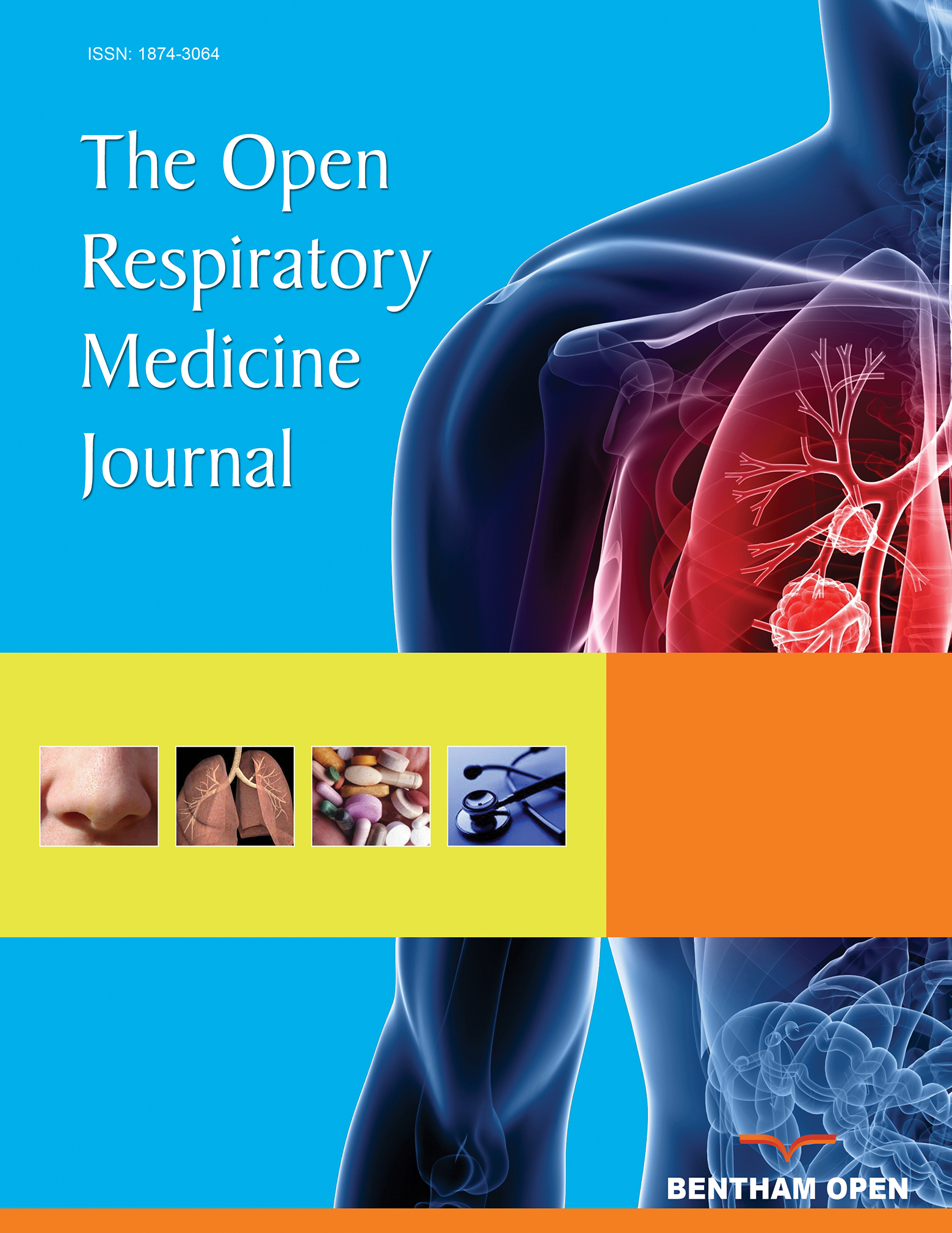All published articles of this journal are available on ScienceDirect.
Monoclonal Anti-TNF-α Antibodies for Severe Steroid-Dependent Asthma: A Case Series
Abstract
Background:
Refractory asthma represents an important condition, with considerable morbidity and mortality. Tumor necrosis factor α (TNF-α) is a potential target for treatment of severe asthma. However, controlled studies have shown controversial results and the risk-benefit profile of TNF-blocking agents is still debated.
Objectives:
To describe the effect of infliximab on asthma control in patients with severe, uncontrolled, steroid-dependent asthma.
Methods:
From 2007 to 2010, 7 patients received infliximab in our center. All had severe refractory asthma, with frequent severe exacerbations and hospitalizations in the intensive care unit despite maximal inhaled treatment, daily oral steroids and omalizumab treatment.
Results:
Asthma control improved in the 6 patients who received infliximab for at least 3 months. Oral steroids could be stopped in 4 and the frequency of exacerbations and hospitalizations was greatly reduced, especially for the 3 patients with brittle asthma. Two patients showed severe adverse effects (bacterial pneumonia and extension of spreading melanoma). Three patients have received infliximab for more than 2 years, with good tolerance.
Conclusion:
This case series suggests that anti-TNF-α drugs may improve the condition of a subgroup of patients with severe steroid-refractory asthma, with a favourable risk-benefit profile for most, considering asthma severity, occurrence of life-threatening exacerbations and complications of long-term oral steroids. Specific controlled trials of this subgroup are warranted.


